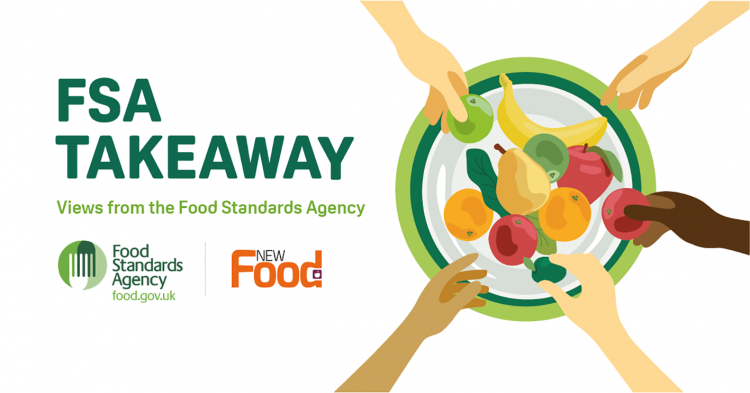Managing incidents in the post-Brexit era
- Like
- Digg
- Del
- Tumblr
- VKontakte
- Buffer
- Love This
- Odnoklassniki
- Meneame
- Blogger
- Amazon
- Yahoo Mail
- Gmail
- AOL
- Newsvine
- HackerNews
- Evernote
- MySpace
- Mail.ru
- Viadeo
- Line
- Comments
- Yummly
- SMS
- Viber
- Telegram
- Subscribe
- Skype
- Facebook Messenger
- Kakao
- LiveJournal
- Yammer
- Edgar
- Fintel
- Mix
- Instapaper
- Copy Link
Posted: 8 April 2021 | Philip Randles | No comments yet
Following the UK’s exit from the EU, Philip Randles explains how the FSA has been managing food incidents, including allergens and fraudulent activity.


We needed to make sure that incident response across the UK’s four nations continued to be seamless.
Three months into our new relationship with the EU, the hard work the FSA and our colleagues at Food Standards Scotland (FSS) have put in to building capacity and capability means that we remain able to detect and respond to food incidents affecting the UK.
One of the biggest challenges was the loss of access to the EU’s Rapid Alert System for Food and Feed (RASFF) alert system, which shares information with member states about problems with food and feed. As of 1 January 2021, the UK no longer has full access to the system, although we still receive RASFF notification for those alerts directly impacting the UK.
We have been learning from non-EU countries, such as Canada and New Zealand, about how they communicate with their trading partners on food safety risks.
To offset any risks from this loss of information, the FSA now uses the International Food Safety Authority Network (INFOSAN) – which includes more than 180 countries – to notify others affected by UK food safety incidents.
We are also using a variety of surveillance dashboards to identify and evaluate emerging food risks. These dashboards monitor a range of information sources, including international food alerts, weather, trade, social media and commercial data. This approach allows us to target activities to address any risks, for example, carrying out sampling and analysis where it’s most needed.
International engagement is also a key priority. We have been learning from non-EU countries, such as Canada and New Zealand, about how they communicate with their trading partners on food safety risks.
We are also using INFOSAN, not just for notifications, but to build stronger relationships with UK trade partners. We have invested in an upgrade of the network’s community website, helping bring it up to date with current information sharing platform standards.
An FSA secondee has also been placed in the INFOSAN team, where they are playing a key role in the development of a working group to look at a number of global food safety issues, including crisis co-ordination.
Throughout the history of the FSA, a strong relationship with the food industry has been an essential part of the way we manage food incidents. In the post transition period world this has never been more important.
Our Food Industry Liaison Group continues to play a vital role in helping us to identify food safety risks impacting the UK, as well as providing a platform for the industry’s views on possible emerging risks. It also represents a group that we can turn to in the event of a large scale or complex incident to assist with our understanding of how to manage the risks.
Our Importer Working Group is also helping us understand more about how importers can offset risks of incidents and drive compliance with national food safety standards.
From the outset of our preparations for leaving the EU, the FSA was clear that our top priority of ensuring that UK food remains safe and genuine would not change. Managing food incidents effectively was always going to be a key element of delivering on that commitment and, while it is early days, we are confident that we are in a good position to detect and respond to future risks that the UK may encounter.
About the author
Philip Randles is Head of Incidents & Resilience at the FSA, where he leads a multi-disciplinary team in detecting, managing, and preventing serious food and feed incidents and foodborne outbreaks. Philip joined the FSA in 2008 after a long career in technical and factory management in the food industry.
Related topics
Food Fraud, Food Safety, Outbreaks & product recalls, Supply chain, Trade & Economy









